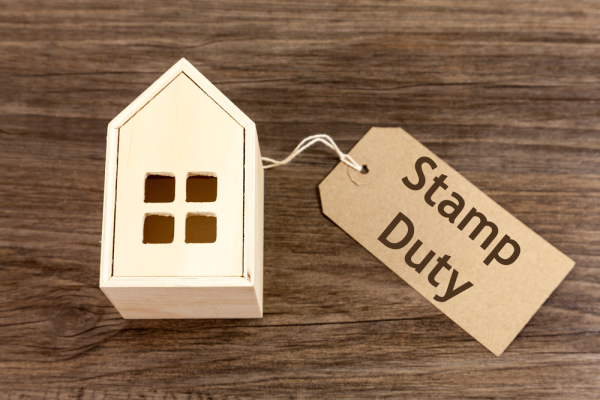
In one of the biggest changes to the property market for some time, Chancellor Rishi Sunak has introduced a stamp duty holiday which is now in place and runs up until 31st March 2021. This £4bn stimulus to the property market has been launched with a single purpose – to stimulate the market and encourage potential buyers onto the property ladder.
"The average stamp duty bill will fall by £4,500 and nearly nine out of 10 people buying a main home this year will pay no stamp duty at all," said Sunak in his summer statement.
For first-time buyers and existing homeowners, stamp duty rates are now as follows;
|
Property or lease premium or transfer value
|
SDLT rate
|
|
Up to £500,000
|
Zero
|
|
next £425,000 (the portion from £500,001 to £925,000)
|
5%
|
|
next £575,000 (the portion from £925,001 to £1.5 million)
|
10%
|
|
remaining amount (the portion above £1.5 million)
|
12%
|
For those who are buying a second home, or increasing their portfolio, stamp duty rates are now as follows;
|
Property or lease premium or transfer value
|
SDLT rate
|
|
Up to £500,000
|
3%
|
|
next £425,000 (the portion from £500,001 to £925,000)
|
8%
|
|
next £575,000 (the portion from £925,001 to £1.5 million)
|
13%
|
|
remaining amount (the portion above £1.5 million)
|
15%
|
The stamp duty holiday has been analysed by the TaxPayers’ Alliance, which estimates that the change could encourage 216,000 home moves.
John O’Connell, chief executive of the TaxPayers' Alliance, said: "Stamp duty is a terrible tax and this measure will help get Britain moving again, potentially unlocking hundreds of thousands of new moves.
“The tax gums up the housing market and locks down homeowners, at a time when many more people are ready to move. We estimate this tax cut could have an impressive effect on the housing market this year."
"The scale of these benefits show that the chancellor would be crazy to stop there. Raising the threshold further, or preferably just abolishing the tax completely, would build in huge benefits for homebuyers, productivity and the economy as a whole.”